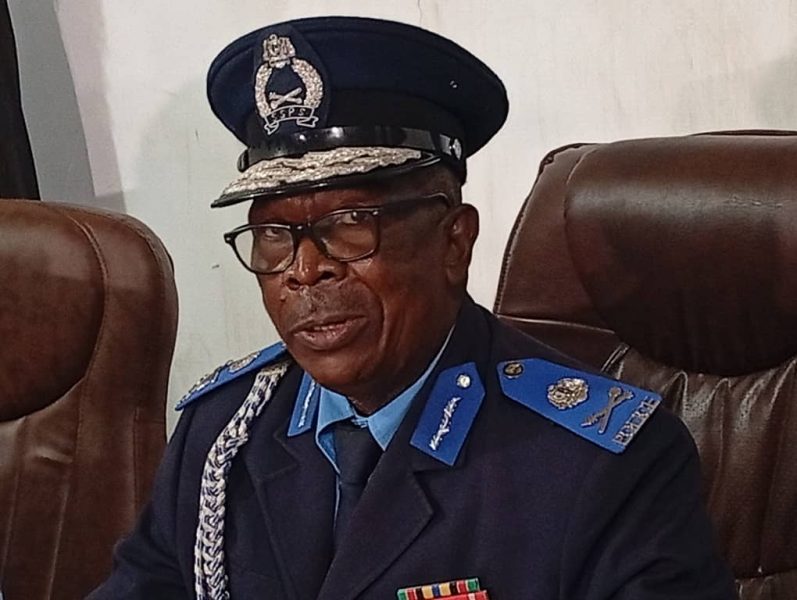
South Sudan’s police force is grappling with severe shortcomings in professional training and essential resources, a crisis that continues to hinder effective law enforcement across the country, according to Maj. Gen. James Monday Enoka.
Speaking during the official handover ceremony from his predecessor, Col. John Kassar, Gen. Enoka highlighted that more than 70% of police officers lack proper training, a deficiency that significantly impacts the delivery of reliable security services.
Beyond training gaps, systemic underfunding, inadequate equipment, and logistical constraints further weaken the force’s ability to serve the public.
“The police struggle to provide quality service not just because they lack training, but because they lack the tools to do their job efficiently, Gen. Enoka stated.
Limited mobility due to fuel shortages and a scarcity of vehicles leaves communities vulnerable, as officers are often unable to respond promptly to crime scenes.
The composition of South Sudan’s police force remains an additional challenge, with a mix of ex-liberation fighters, militia members, and village conscripts working alongside a small fraction of professionally trained officers.
Efforts to create a unified and skilled law enforcement body have been persistently obstructed by insufficient funding and resources.
Despite attempts by the leadership of the South Sudan National Police Service to implement training programs, these initiatives remain stalled due to financial constraints.
Last year, the former Inspector General of Police launched a nationwide training initiative targeting 1,000 officers per state, focusing on members transferred from the South Sudan People’s Defense Forces (SSPDF).
However, without sustainable funding and logistical support, progress has been slow.
The broader push to reform and professionalize the security sector, as envisioned in Chapter Two of the 2018 Peace Agreement, remains largely unfulfilled.
The agreement called for the unification and training of armed forces, including the police, yet the lack of resources continues to stand in the way of meaningful reform.

